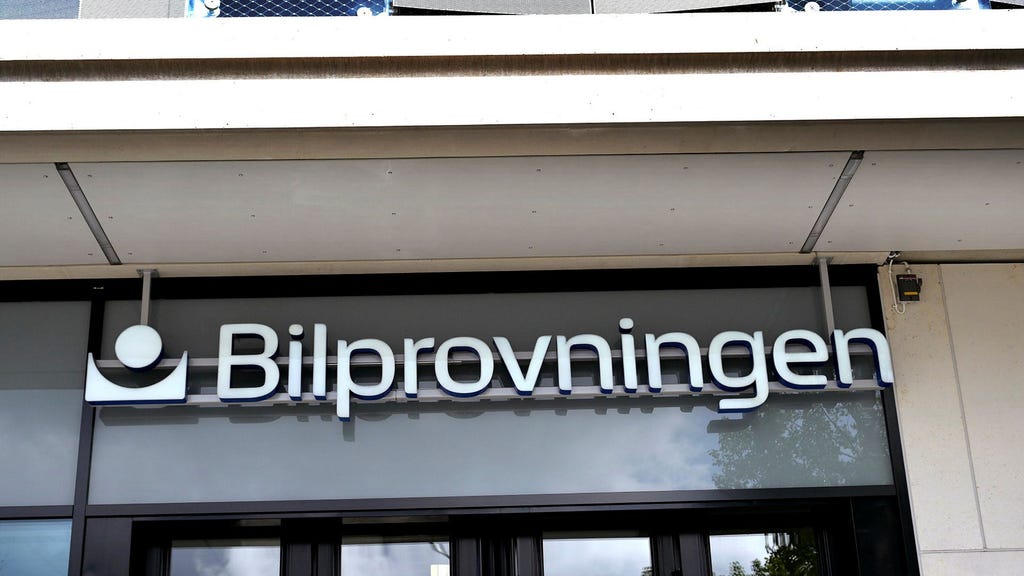The privatization of the Swedish Motor Vehicle Inspection company, Bilprovningen, has sparked controversy after revelations surfaced about the buyer’s involvement in a breast implant scandal. Aftonbladet reported that the acquiring company had previously been linked to faulty implants that ruptured, raising concerns about its ethical standards and suitability to manage a critical public service. This revelation has ignited a political firestorm, with opposition parties criticizing the government’s decision to sell off Bilprovningen, framing it as a reckless disregard for public safety and national interests.
The core of the controversy lies in the potential conflict between prioritizing profit and ensuring the integrity of vehicle inspections. Critics argue that a company with a history of prioritizing profits over consumer safety, as evidenced by the breast implant scandal, might be tempted to compromise the rigor of vehicle inspections to maximize profits. This could lead to unsafe vehicles remaining on the roads, posing a threat to public safety. Furthermore, the privatization raises concerns about the accessibility and affordability of vehicle inspections, potentially creating disparities in access to this essential service.
The controversy surrounding Bilprovningen’s sale highlights a broader debate about the role of private companies in providing essential public services. Proponents of privatization argue that it can lead to increased efficiency and innovation. However, opponents counter that prioritizing profit can compromise the quality and accessibility of these services, especially for vulnerable populations. This debate is particularly pertinent in the context of vehicle inspections, which are crucial for ensuring road safety and protecting the public from potential harm.
The breast implant scandal serves as a cautionary tale, illustrating the potential consequences of prioritizing profit over ethical considerations and consumer safety. The incident involved a significant number of women who suffered physical and emotional distress due to the faulty implants. This case underscores the importance of thorough due diligence and ethical considerations when entrusting private companies with essential public services.
The political fallout from the Bilprovningen privatization has been swift and intense. Opposition parties have seized upon the breast implant scandal to criticize the government’s decision, accusing them of prioritizing short-term economic gains over long-term public safety. Nooshi Dadgostar, leader of the Left Party, voiced her strong disapproval, stating that the sale represents a betrayal of public trust and a disregard for the well-being of Swedish citizens. These criticisms reflect a broader concern about the government’s approach to privatization and its potential implications for the welfare state.
The privatization of Bilprovningen raises complex questions about the balance between public and private interests, the role of government in regulating essential services, and the ethical responsibilities of corporations. The controversy surrounding the sale, fueled by the breast implant scandal, underscores the need for greater transparency and accountability in the privatization process. It also emphasizes the importance of prioritizing public safety and consumer welfare when making decisions about essential public services. The long-term consequences of this privatization remain to be seen, but the controversy serves as a stark reminder of the potential risks associated with entrusting critical public services to private entities with questionable ethical track records. The debate surrounding Bilprovningen will likely continue to unfold as the implications of the sale become clearer and the public grapples with the broader implications for the future of public services in Sweden.














